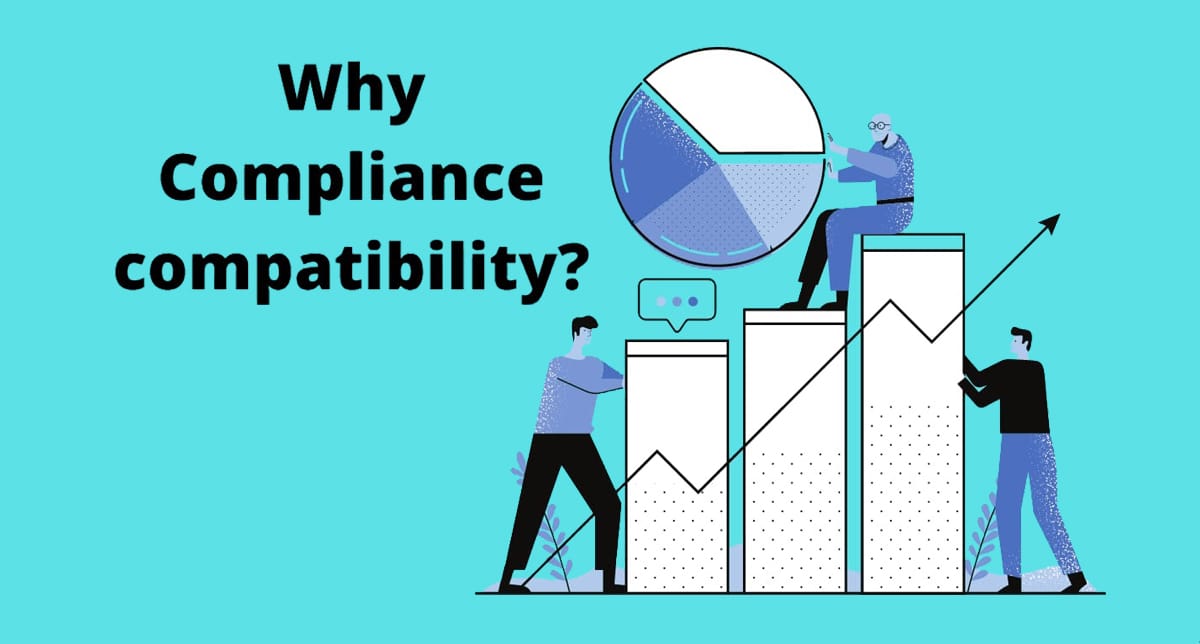Data compliance pertains to enterprises across a wide range of industries and the evolution of compliance regulations along with growing volumes of sensitive data often make it difficult to collect, handle and safeguard sensitive data. In such situations company IT teams find themselves over expending efforts.
With fragmented sensitive data spread out over enterprise systems, such as SAP, visibility of this data is often a challenge. However, 90% of C level executives agree upon the need for robust regulatory frameworks. Many companies these days at the outset of their compliance ventures are re-evaluating what operational functions can be adapted to minimize the scope of efforts geared towards compliance.
As it turns out, after review a number of processes could be streamlined to optimize efforts channeled towards compliance. A number of industries could learn from such findings enabling them to potentially save hundreds of hours of effort and millions each year.
Hire a Third-Party to Tackle Compliance Risks
Take for instance a contact center that worked in support of a retail outlet. In such a center the agents would be dealing with a large number of credit card number pertaining to transactions, this left the whole system to be in compliance with the Payment Card Data Security Standard (PCI DSS).
Under such circumstances it would make sense to hire a third-party to process their credit cards. This way agents could still take calls yet pass them on to another outsourced executive if it meant dealing with a credit card. These executives can then operate within all PCI DSS compliance regulations thereby eliminating the need for the contact center to acquire a PCI DSS certification.
Reiterate Policies as Many Times as Needed
Perhaps this retail outlet advertises popular products in advance and creates a wait list for consumers to sign up. In order to ensure that the consumer still made their purchase after signing up for a pre-order they decided to make credit card numbers a mandatory requirement during the sign up.
While this solution worked in terms of ensuring a purchase it also created a physical record of all credit card numbers involved. This is why reiterating compliance policies is key to ensuring that they are adhered to. An executive who is aware that such a tactic could lead to a breach in PCI DSS could have flagged it sooner.
Limit Warehoused Data to Minimize Exposure
Over the due course of time it may just happen that contact center executives end up asking a fair deal of personal information for their Customer Relationship Management (CRM) system. On one hand access to such information allowed for the company to draw up a better image of their clients it also meant walking on thin ice. Anonymizing such information via the CRM system could be on such way in each compliance can be maintained.
Taking into consideration this example, other organizations could begin by assessing their own compliance criteria and ways to optimize their compliance efforts. While a few hurdles can be overcome with the integration of digital solutions that enable compliance, other effective measure may be simple functional checklists. Either way a company that takes such a thought process into account while planning for compliance is bound to save both time and money.
If you’re interested in simplifying and optimizing data compliance efforts for your organization, the ComplyD team would be glad to help. Leverage our SAP-native data discovery and compliance enablement tool. Enjoy comprehensive visibility through a user-friendly, unified dashboard with analytics. You’ll be able to take pro-actively take steps to meet any compliance regulations for ANY industry or geography. Our scientific, robust DASH approach discovers vulnerabilities and secures and hardens your perimeter to meet compliance regulations and avoid regulations. If you’d like a taste of compliance simplified for your entire enterprise, please request a demo.




